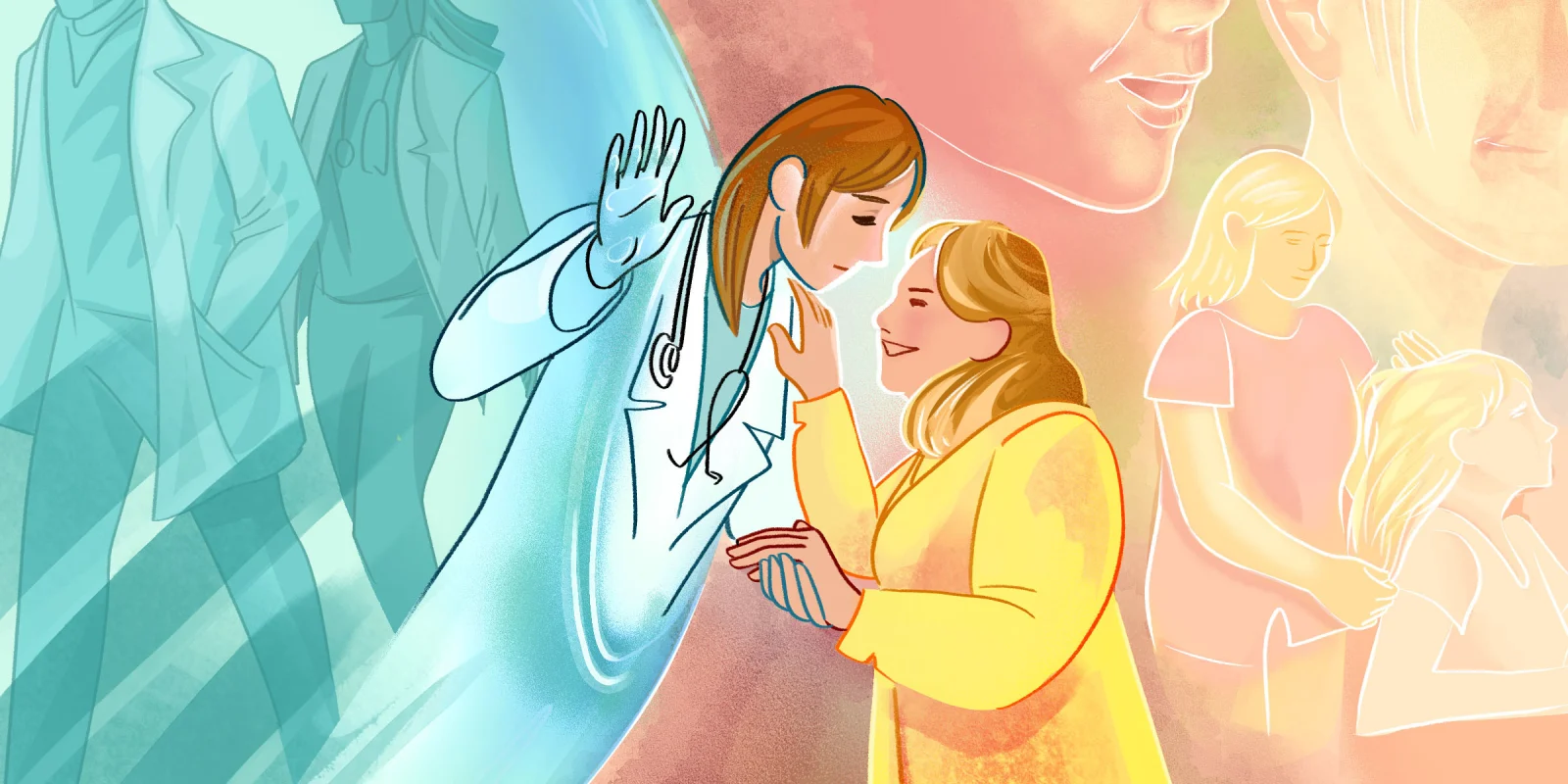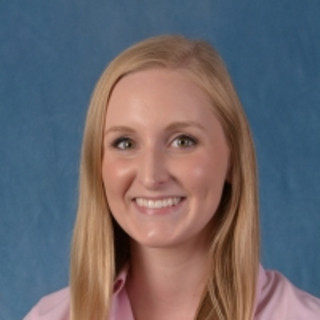I knew my mother’s fate before she did.
After the family medicine physician who was covering the oncology service overseeing my mother’s care gave my family the spiel (“Well we don’t know anything for sure yet. We have to wait for the results of the biopsy to come back before we know exactly what we are dealing with”), I quietly pulled her aside and asked to see the CT scans that prompted my mother’s transfer from our small-town community ER to the oncology wing of the regional hospital in the nearby city.
She led me down the hall to an alcove that served as the physician’s workstation. I was slightly surprised that no one questioned why the disheveled girl in leggings and scuffed boots was allowed to sit down in front of one of their computers, but maybe my red-rimmed eyes and slack-jawed look of shock kept them from speaking up.
The physician pulled up my mother’s chart, then turned to me. “Do you want to see the actual scan or just the radiology report? I don’t want to traumatize you.”
I considered this. She was right. Could I handle having the image of my mother’s tumors permanently burned into my memory? “Just the report, please,” I said.
She clicked it open, and I skimmed past the detailed description of each of my mother’s abdominal organs until I found something relevant. “4-cm mass on tail of pancreas. Numerous sub-centimeter lesions throughout the liver.”
Numerous. As in too many to bother counting.
I scrolled down to the impression: “Consistent with metastatic pancreatic cancer.” Wow. They didn’t even sugarcoat it with any fluffy radiology modifiers, such as “likely,” or “correlate clinically.” That’s how sure this radiologist was of the diagnosis.
A few quick jolts of electricity stabbed through my chest. I was suddenly very aware of the background humming of the overhead fluorescent lighting. But the most uncomfortable sensation throughout all of this was the slow, creeping sense of impending doom that was settling deep into my stomach. It felt like I had already read this report before, in another lifetime. I knew, without a doubt, how this would play out. And I wish I didn’t.
“What now?” I asked.
We ended up in the atrium of the hospital, sitting across from each other in creaky rocking chairs, surrounded by dusty plastic plants. I was attempting to stop the tears leaking out my face and somehow plaster on a mask of calm hopefulness to wear when I returned to my mother’s hospital room.
“She’s the healthiest, youngest person I’ve ever seen with disease this advanced,” the physician mused.
Over the next several months, I would hear multiple doctors express a similar version of that phrase to my mother, usually followed by, “Were you a smoker? How much did you drink?” (the answers are "no," and … "not enough to get pancreatic cancer").
Physicians and medical students are often intrigued when a person’s story doesn’t fit the disease’s textbook patient history taught to us in medical school. Before my mother’s illness, I too found myself getting inappropriately excited about a novel presentation of pathology. This is the kind of thing doctors in training geek out over in morning reports. It sparks lively discussions on rounds and is fodder for case report write-ups. Unfortunately, it is also the kind of thing that very unexpectedly ruins people’s lives.
I knew the survival rates for stage 4 pancreatic cancer were dismal. I had heard physicians equate it with a death sentence many times over my past three years of med school. I had recently finished my outpatient medicine rotation, where I spent a week with a hospice nurse and had seen a woman with end-stage cancer on the day she died. I could still picture her swollen, mottled feet that the hospice nurse had pointed out to me to demonstrate that she would pass within hours. I could see the train off in the distance, heading straight towards my mother. But there was no way to move her from the tracks.
When I returned to my mother’s hospital room, she and my father looked at me expectantly.
What was the most humane thing to do in this situation? I could be honest with them and tell them I thought she would be dead in six months. Or I could let them hold onto a small sliver of hope for a little longer. If it was the worst news, she would find out soon enough. I didn’t know for sure yet, and miracles can happen. If the biopsy came back as an endocrine tumor, there could be a reality in which my mother had a future.
I smiled at them and didn’t hold their eye contact for too long. I sat in the chair beside my mom’s bed and laced my fingers between hers. “Pretty much what the doctor already said. We won’t know anything for sure until the biopsy comes back.”
Have you ever had your medical background impact your personal life? Discuss in the comments below.
Madelyn (who goes by Maggie) is a fourth-year medical student at UNC School of Medicine and an aspiring OB/GYN. Her interests include global women’s health, food and wine, and connecting with others experiencing grief. You can find her on Twitter at @MaggsConner.
Illustration by April Brust






